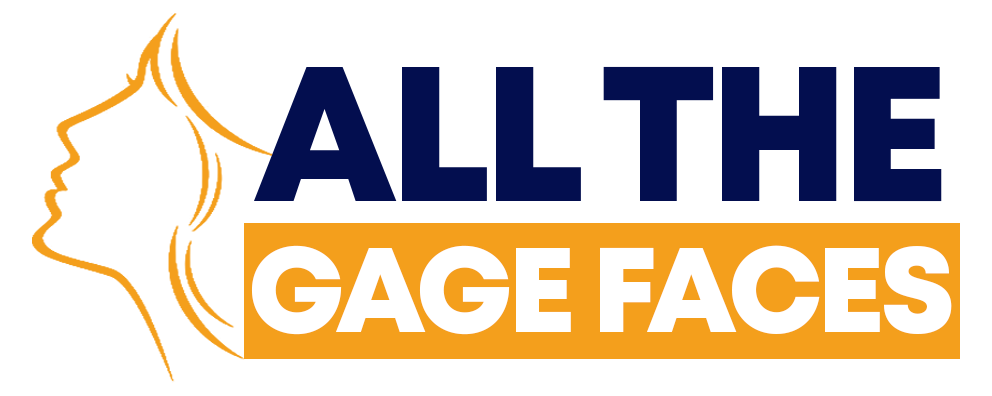Cleft palate treatment involves a team of specialists. One key player in this team is the otolaryngologist. These doctors specialize in ear, nose, and throat care. They ensure effective breathing and hearing, which are vital for healthy development. shivan amin md, a renowned expert, emphasizes how otolaryngologists contribute to both surgery and ongoing care. Understanding their role can help in grasping the full picture of cleft palate treatment.
The Importance of Otolaryngologists
Otolaryngologists play a crucial role in the care of children with a cleft palate. They address issues like ear infections and hearing problems that often accompany this condition. Their expertise in these areas is essential for improving the quality of life for these children.
Understanding Cleft Palate
A cleft palate occurs when the tissue at the roof of the mouth does not join together during pregnancy. This can lead to difficulties with feeding, speech, and even ear health. The cleft can affect one or both sides of the palate and may vary in severity.
Key Responsibilities
- Diagnosing and managing ear infections
- Monitoring hearing and speech development
- Participating in surgical repairs when needed
Comparison of Treatment Roles
| Role | Primary Focus |
| Otolaryngologist | Ear, nose, and throat care |
| Plastic Surgeon | Physical repair of cleft |
| Speech Therapist | Speech and language development |
Collaboration in Treatment
Otolaryngologists often work closely with other specialists, including plastic surgeons and speech therapists. This collaborative approach ensures comprehensive care. For instance, while the surgeon focuses on repairing the cleft, the otolaryngologist manages related ENT issues. This teamwork supports a holistic treatment plan.
Managing Hearing Issues
Children with a cleft palate often face hearing challenges. Otolaryngologists use their skills to manage these problems. They may recommend ear tubes to prevent fluid buildup and infections. This intervention is key to preventing long-term hearing loss.
For more on managing ear health in children, consult resources from National Institute on Deafness and Other Communication Disorders.
Impact on Speech and Language
Speech development is crucial for children with a cleft palate. Otolaryngologists monitor and support this area in collaboration with speech therapists. Early intervention can make a significant difference in speech clarity and confidence.
Post-Surgical Care
After surgery, otolaryngologists continue to play a role. They provide follow-up care to ensure successful outcomes. This care includes monitoring ear health and supporting speech development over time.
Conclusion
The role of otolaryngologists in cleft palate treatment is multifaceted. Their expertise in managing ENT issues, combined with surgical support, makes them invaluable. Understanding their contribution helps in appreciating the comprehensive approach to cleft palate care. For additional information on cleft palate and associated treatments, visit Centers for Disease Control and Prevention.

